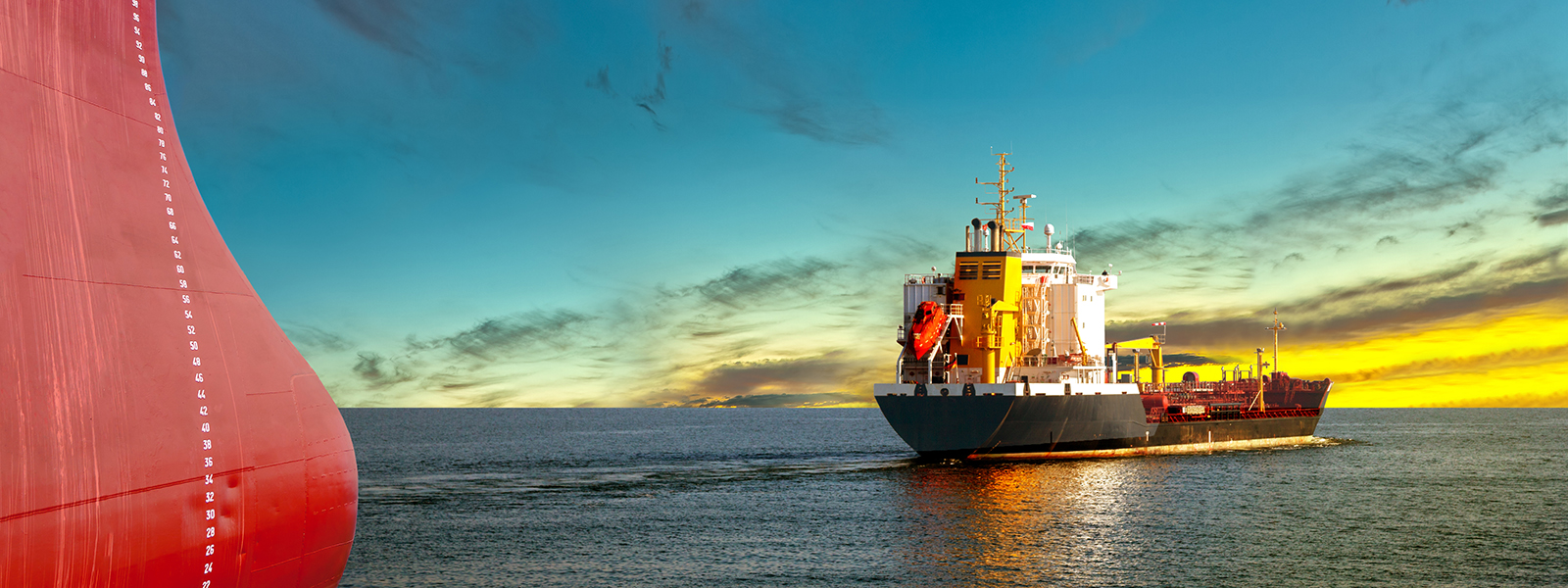Contributions from many research centres flow into this metwork which studies state-of-the-art transport systems in the maritime and aerospace sectors.
Key topics include the design of cost-effective and reliable delivery to orbit, access-to-space systems like spaceplanes/spaceports and atmospheric re-entry problems.
A large portion of this network is devoted to atmospheric flight and associated fluid mechanics looking at the aerodynamic study and design of the next generation of aircraft adopting both numerical and theoretical approaches.
Design of cost-effective and reliable delivery to orbit, access-to-space systems like spaceplanes/spaceports and atmospheric re-entry problems
Fundamental studies are also pursued in the area of turbulent flows and transition, aeroacoustics and aircraft emissions.
Studies of the environmental impact of aerospace activities and the design and integration of air transportation systems are strategic and high TRL activities of the network.
As far as sustainable maritime transport is concerned, energy efficient, green and cost-effective transport is focused by research and KE activities involving computational and experimental hydrodynamics for optimised hullform/propulsor design and analysis; non-linear seakeeping analyses including human factor; hull/populsor performance analysis including new generation marine antifouling and novel drag reduction systems as well as other energy saving devices.
Marine engineering activities complement the sustainable transport focus on optimum selection of ship power plant and systems, alternative propulsion systems, waste heat recovery systems and after treatment units, alternative fuels, energy management and electric system optimisation as well as ship systems maintenance and condition monitoring.
